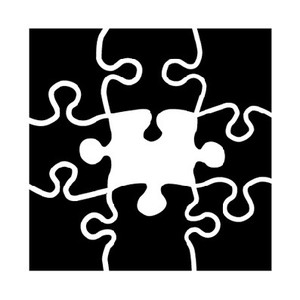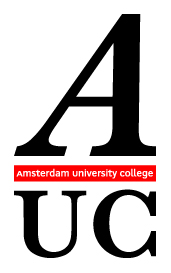


Individual project: Infinite Games and the Axiom of Determinacy
March - June 2021, ILLC, University of Amsterdam.
Participants:
- Rodrigo Almeida
- Marta Esteves
- Steef Hegeman
- Soren Brinck Knudstorp
- Gian Marco Osso
Literature
Infinite Games
Infinite games, i.e., games of length ω with perfect information played on the natural numbers, have become a central tool in set theory, particularly descriptive set theory, regularity properties and large cardinal theory.
The Axiom of Determinacy (AD), first introduced in the 1960s, is the statement that all such infinite games are determined, i.e., either one or the other player has a winning strategy. AD is inconsistent with the Axiom of Choice, but holds in certain models of ZF + Dependent Choice. In fact, an alternative approach is to consider Determinacy restricted to the class of sets of reals of a certain complexity. This does not contradict ZFC.
In this project, the students will independently study the material using lecture notes and textbook material. We will cover the basics of infinite games (e.g., contradiction with the Axiom of Choice, determinacy of open/closed games, and relations to topology of the Baire Space), followed by applications to regularity properties for sets of reals and Wadge reducibility. Depending on the time, we will look at additional applications of infinite games.
There will be several assignments that students will complete at home and submit for a passing grade in the project.
Topics
- The basic definition of finite and infinite games and winning strategies (Sofia: chapters 1 and 2).
- ZFC implies that not all games are determined (Sofia: 2.3 and 2.4).
- Determinacy of open/closed games (Sofia: chapter 3)
- Basic topology on the Baire space (Sofia: chapter 4 and 5.1).
- The perfect set property (Sofia: 5.2, Kanamori pp 374-375)
- The Baire property (Sofia: 5.3, Kanamori pp 373-374)
- Lebesgue measure (Additional notes, Kanamori pp 375-377)
- Flip sets and Wadge reducibility (Sofia: 5.4 and 5.5)
- ω1 under AD (Kanamori: Proposition 27.11, Exercise 27.12, Proposition 28.1 and Theorem 28.2 (pp 379; 383-384))
Assignments


